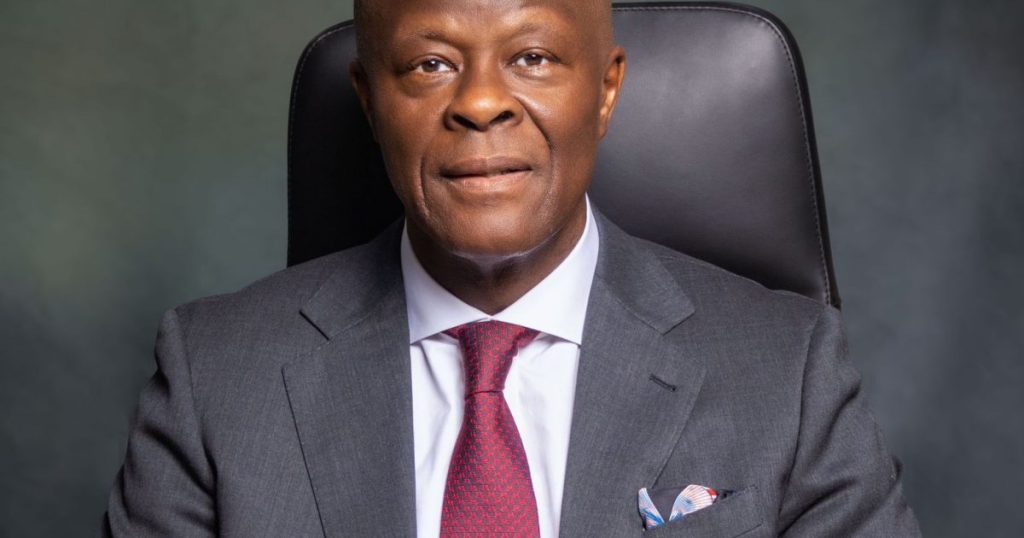In a recent address, Nigeria’s Minister of Finance and Coordinating Minister of the Economy, Wale Edun, outlined the strategic allocation of the country’s increased revenue for the 2024 fiscal year, emphasizing social intervention programs aimed at elevating the living standards of Nigerian citizens and addressing urgent societal challenges. Edun highlighted that these measures are part of a broader agenda designed to stimulate economic reform, reduce inflation, create jobs, and enhance growth in key sectors of the economy. The minister’s announcement comes on the heels of President Bola Tinubu’s report on October 1, 2024, which revealed that Nigeria’s government revenue for the first half of the year exceeded N9.1 trillion—more than double the N4.06 trillion generated during the same period in 2023.
During a panel discussion at the 30th Nigeria Economic Summit, Edun discussed the government’s revenues, attributing the increase to robust domestic resource mobilization strategies and technological advancements within the civil service. As a result of these initiatives, government revenue reportedly more than doubled within just six months. Edun pointed out that the focus on technology enabled a revisiting of compliance requirements across government ministries, thereby facilitating a more efficient allocation of fiscal resources. He further elaborated on the social investment program, which aims to support 20 million citizens, specifically targeting the poorest 60% of the population through direct cash transfers, as part of the government’s broader commitment to using increased revenue for social welfare initiatives.
The minister also emphasized the government’s commitment to vital sectors such as agriculture, manufacturing, oil, and housing, citing their critical role in driving Nigeria’s economy. He noted that enhancing food production is a core focus to mitigate inflation and improve the cost of living for Nigerians. As part of these interventions, cash transfers have already supported 4 million households, with plans to increase that number to 15 million households. Additionally, Edun praised the reforms made in the oil and gas sector, which have played a crucial role in foreign exchange generation and attracting significant investments. Notably, he highlighted the additional $10 million investment from ExxonMobil, reflecting renewed confidence from both local and international investors in Nigeria’s oil sector.
In addition to the oil sector’s successes, Edun discussed other economic measures, including the student loan scheme and consumer credit options designed to empower workers to purchase essentials or switch to more affordable energy sources, such as Compressed Natural Gas (CNG). The government has also launched initiatives to support small and micro enterprises with grants and loans amounting to N75 billion, while larger companies are receiving additional funding to manage production costs impacted by foreign exchange fluctuations. Edun affirmed that these strategies are geared toward leveraging improved oil production and macroeconomic reforms, expected to save the country around five percent of its GDP.
In a broader fiscal context, the World Bank Country Director for Nigeria, Ndiamé Diop, acknowledged the significant revenue increase while also addressing the challenges Nigeria faces in terms of its revenue-to-GDP ratio. Diop highlighted the precarious fiscal situation, noting that in 2022, Nigeria’s government expenditure constituted 12.9 percent of its GDP, while only 7.6 percent was covered by revenue, resulting in a considerable fiscal deficit primarily financed through debt. This unsustainable trajectory raised concerns about a potential fiscal crisis. Diop underscored the necessity of the ongoing reforms for stabilizing Nigeria’s fiscal position and fostering sustainable economic growth.
Overall, the Nigerian government is making a concerted effort to address pressing socio-economic issues through comprehensive reforms backed by increased revenue. With initiatives targeting the most vulnerable populations and strategic investments in key sectors, officials aim to pave the way for a more resilient economy that not only tackles immediate needs but also lays the groundwork for long-term recovery and development. As Nigeria navigates these challenges, the government’s emphasis on fiscal discipline and innovative solutions will be crucial for stabilizing the economy and improving the lives of its citizens.














